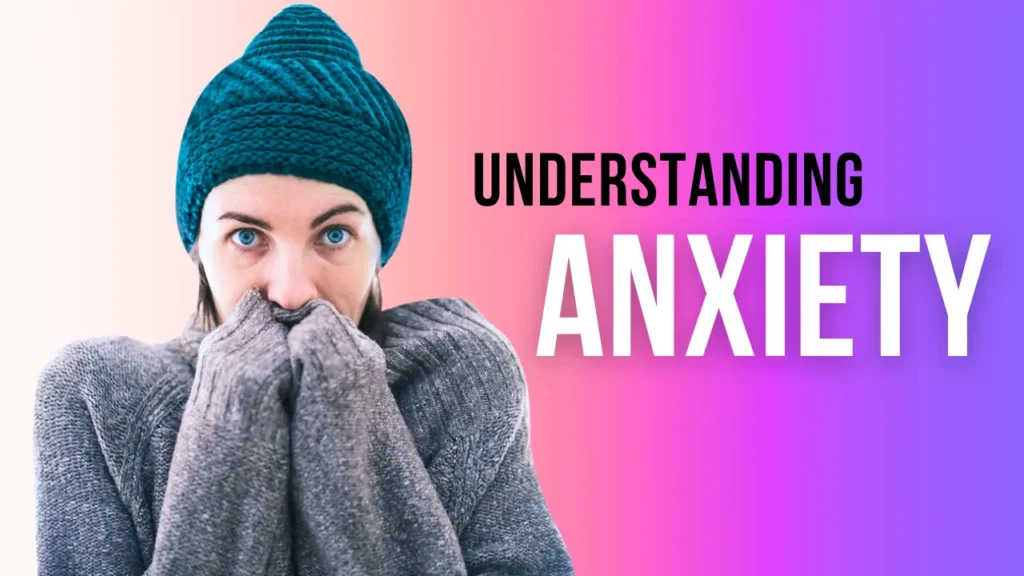Depression is a mental health condition that affects millions of people worldwide. It is characterized by persistent feelings of sadness, hopelessness, and disinterest in daily activities. Depression can be a debilitating condition that affects every aspect of a person’s life, from work to relationships to overall well-being.
If you’re struggling with depression, it’s essential to seek professional help. A psychologist is a mental health professional who can help you understand and manage your depression. However, finding the right psychologist can be a daunting task. In this article, we will discuss the different types of psychologists, the qualities to look for in a psychologist, tips for finding the right psychologist, questions to ask in a consultation, red flags to watch out for, and the importance of seeking professional help.
Types of Psychologists
Before you start your search for a psychologist, it’s essential to know the different types of psychologists. Here are the five types of psychologists that you may encounter: (Clinical, Counselling, Research, Educational, Neuropsychologist, and forensic psychologist) according to the Health Professions Council of South Africa
- Clinical Psychologists: Clinical psychologists are trained to diagnose and treat mental health conditions, including depression. They have a doctoral degree in psychology and must pass state licensure exams to practice.
- Counseling Psychologists: Counseling psychologists help people with emotional and mental health issues, such as depression, anxiety, and relationship problems. They typically hold a doctoral degree in counseling psychology and must pass state licensure exams to practice.
- Psychiatrists: Psychiatrists are medical doctors who specialize in mental health. They can diagnose and treat mental health conditions, prescribe medication, and provide psychotherapy.
- Psychiatric Nurses: Psychiatric nurses are registered nurses with additional training in mental health. They can provide therapy and support to people with mental health conditions.
- Social Workers: Social workers help people with a range of issues, including mental health. They have a master’s degree in social work and can provide counseling and support.
Qualities to Look for in a Psychologist
Once you have decided which type of psychologist to see, it’s important to look for certain qualities in a psychologist. Here are the five qualities that you should look for in a psychologist:
- Credentials and Licenses: Look for a psychologist who has the appropriate credentials and licenses to practice. Check with your (HPCSA) South Africa’s licensing board to make sure the psychologist is licensed and in good standing.
- Experience and Specialization: Look for a psychologist who has experience in treating depression. You may also want to look for a psychologist who specializes in the specific type of depression that you have, such as postpartum depression or seasonal affective disorder.
- Personality and Communication Style: It’s important to find a psychologist who has a personality and communication style that you are comfortable with. You may want to schedule a consultation to get a sense of the psychologist’s communication style.
- Availability and Accessibility: Look for a psychologist who is available when you need them. It’s important to find a psychologist who can schedule appointments that work with your schedule.
- Compatibility: Look for a psychologist who is compatible with your values and beliefs. It’s important to find a psychologist who shares your worldview.
Tips for Finding the Right Psychologist
Now that you know what qualities to look for in a psychologist, here are some tips to help you find the right psychologist:
- Ask for Referrals: Ask your primary care physician, friends, or family members for recommendations. They may know of a psychologist who specializes in treating depression.
- Research Online: Search online for psychologists in your area who specialize in treating depression. Read reviews and check the psychologist’s website to learn more about their experience and qualifications.
- Check Professional Associations: Professional associations, such as the American Psychological Association, have directories of licensed psychologists. You can search their directories to find a psychologist who specializes in treating depression.
- Use Insurance Directories: If you have medical insurance, you can use your insurance provider’s directory to find a psychologist who is covered under your plan.
- Schedule a Consultation: Schedule a consultation with a potential psychologist to get a sense of their communication style and personality. You can also ask them questions about their experience and approach to treating depression.
Questions to Ask in a Consultation
During a consultation with a potential psychologist, here are some questions that you can ask:
- What is your approach to treating depression? Some psychologists may use cognitive-behavioral therapy, while others may use psychodynamic therapy.
- How many years of experience do you have in treating depression? Look for a psychologist who has experience in treating depression.
- How do you customize treatment plans? It’s important to find a psychologist who can customize a treatment plan that works for you.
- What is your availability and communication policy? Look for a psychologist who is available when you need them and who has a communication policy that works for you.
- What are your fees and insurance coverage options? Make sure that the psychologist’s fees and insurance coverage options work for you.
Red Flags to Watch Out for in a Psychologist
While there are many great psychologists out there, there are also some red flags to watch out for. Here are some red flags to watch out for in a psychologist:
- Lack of Credentials and Licenses: Make sure that the psychologist is licensed and in good standing.
- Limited Experience and Specialization: Look for a psychologist who has experience in treating depression.
- Poor Communication and Rapport: If you don’t feel comfortable talking to the psychologist, it may not be a good fit.
- Unresponsive or Inflexible Availability: If the psychologist is not available when you need them, it may not be a good fit.
- Personal Values or Beliefs that Clash with Yours: Make sure that the psychologist’s values and beliefs are compatible with yours.
The Importance of Seeking Professional Help
Depression is a serious condition that requires professional help. While friends and family can provide support, a psychologist can help you understand and manage your depression. It’s important to find the right psychologist for you, one who has the appropriate credentials, experience, and communication style. Don’t be afraid to ask questions and schedule consultations to find the right psychologist for you.
Conclusion
Depression is a serious condition that affects millions of people worldwide. If you’re struggling with depression, it’s important to seek professional help. A psychologist can help you understand and manage your depression. To find the right psychologist, look for someone with the appropriate credentials, experience, and communication style. Don’t be afraid to ask questions and schedule consultations to find the right psychologist for you. Remember, seeking professional help is an important step in managing your depression.






